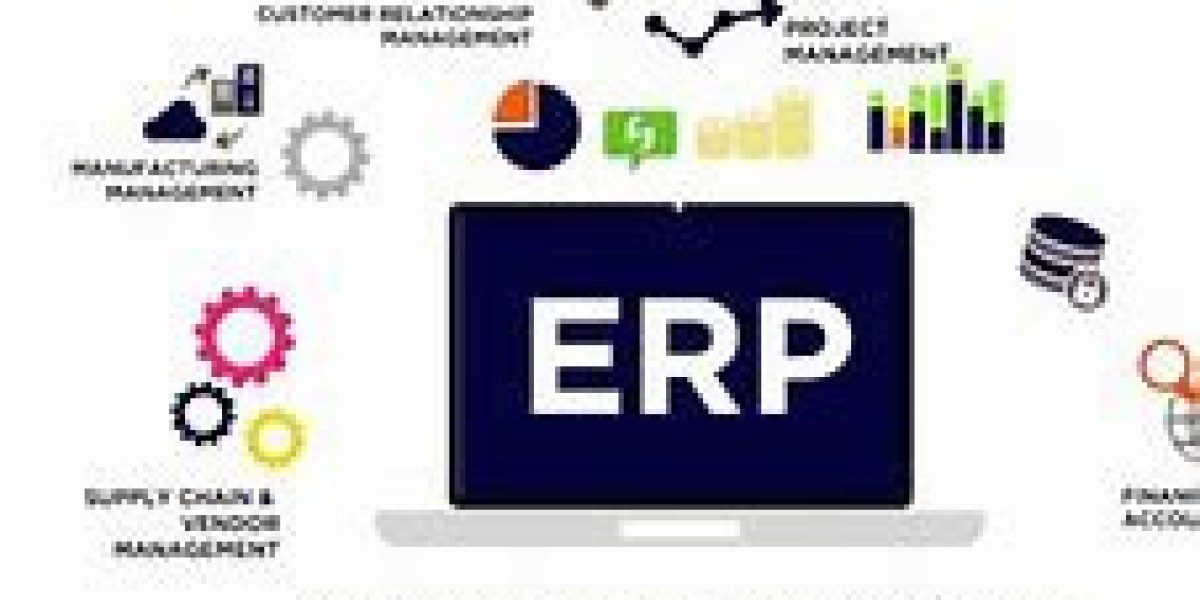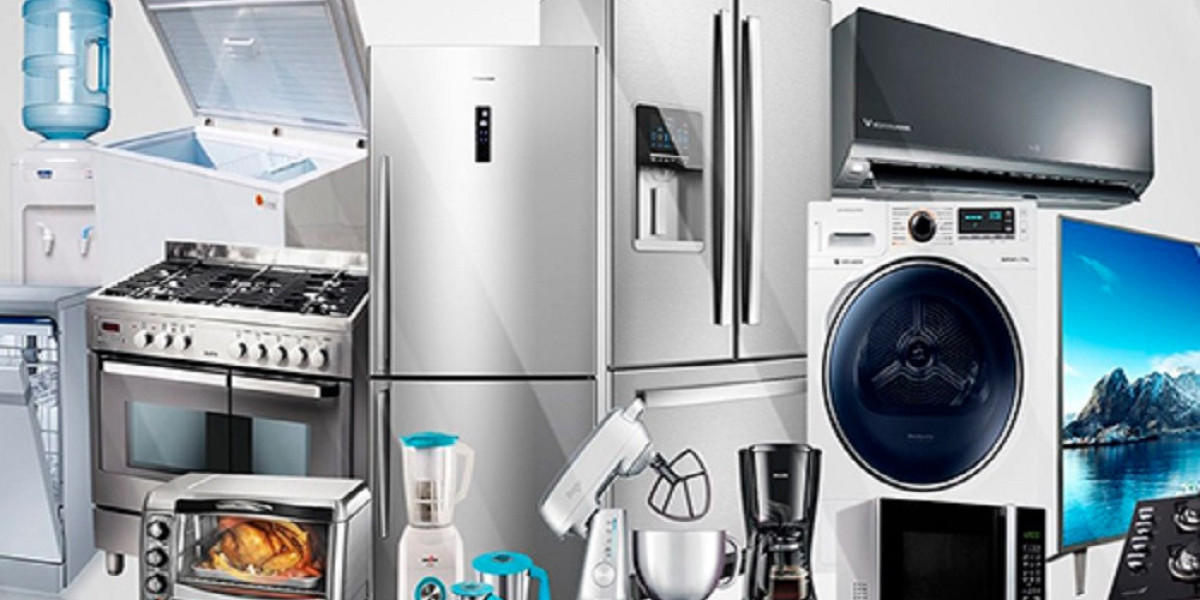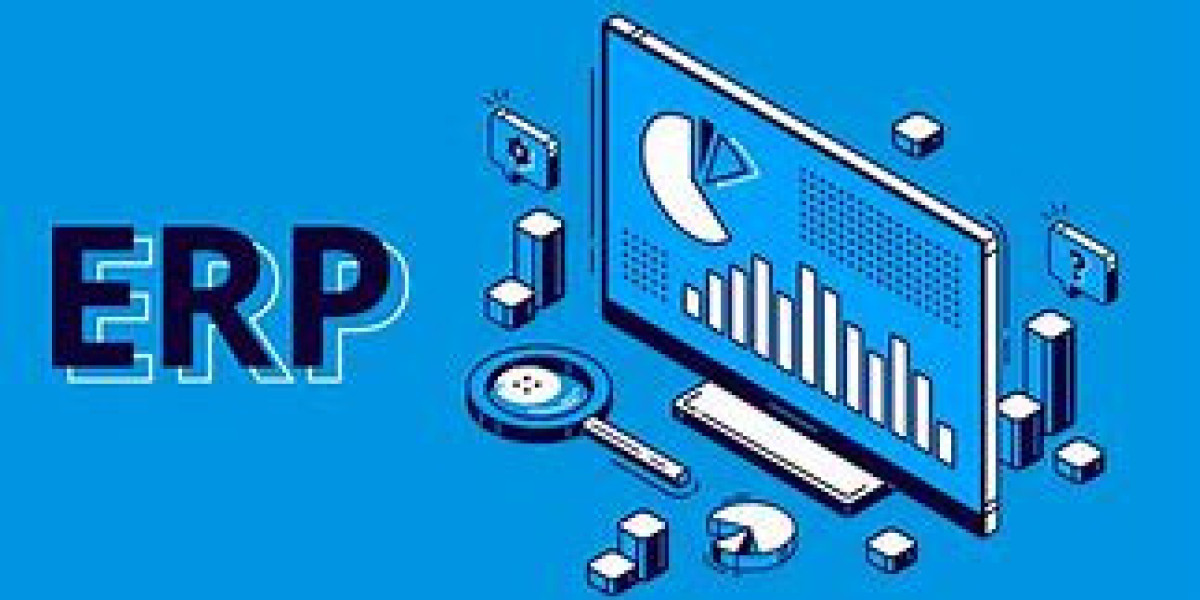ERP price estimation
You're here because one of the most important factors when considering a new ERP system is understanding the cost.
However, comparing ERP costs between products and suppliers can be challenging. Costs may vary based on factors such as the organization's size, the specific features and functions required, and the vendor or provider.
But don't let that discourage you. An ERP system can provide significant long-term cost savings and greater efficiency for your organization, making it a worthwhile investment.
We will first compare the price ranges of the leading ERP systems and then compare different pricing and deployment models. Finally, we will discuss how to maximize ROI and outline the factors that affect an ERP system's total cost of ownership (TCO).
It is important to remember that understanding your business needs is crucial to estimating the cost of an ERP system. In addition, when evaluating the overall cost of an enterprise resource planning system, the cost of implementing the enterprise resource planning as well as the ongoing support and maintenance costs should be considered.
What is an ERP system? Why is it worth the investment?
Enterprise resource planning (ERP) software is designed to manage and automate the various departments and operations of a business. The primary goal of an enterprise resource planning system is to streamline and integrate specialized business functions into a coherent system. This includes management areas such as accounting, inventory control, human resources, and customer relationship management.
But, given the variety of software systems available, why should a business invest in an ERP system? First, ERP systems can save a lot of time and money for complex businesses. By automating repetitive tasks and providing real-time data, ERP systems can help businesses make more informed decisions and improve operational efficiency.
The biggest benefit of an ERP system is to help enterprises grow. With a good ERP system, companies can scale up operations more efficiently and respond to market changes more quickly. As the business grows, a good ERP system can also scale to accommodate more users, features, and data.
For manufacturing companies evaluating manufacturing software, ERP systems can combine various functions into a single solution, saving money and reducing hassle.
Before investing in an ERP system or upgrading to a new one, it is important to consider the associated costs. This guide lists the various factors that affect ERP pricing and suggests how to calculate the total cost of ownership (TCO) so you can find a new ERP solution that fits your budget. Let's take a deep dive into ERP systems, understand how much they cost, and why the right system is a huge investment.
Search
Popular Posts
-
 Unveiling the Secrets of SattaKing: A Comprehensive Exploration
By sattakingcm
Unveiling the Secrets of SattaKing: A Comprehensive Exploration
By sattakingcm -
 From Start to Win: How to Choose the Right Online Betting IDs for ICC T20
From Start to Win: How to Choose the Right Online Betting IDs for ICC T20
-
 The most common problems of ERP system
By Alice
The most common problems of ERP system
By Alice -
 Siemens Service Center: Where Problems Find Solutions
Siemens Service Center: Where Problems Find Solutions
-
 Logo Digitizing Mastery: Elevate Your Brand with Precision Solutions
Logo Digitizing Mastery: Elevate Your Brand with Precision Solutions


